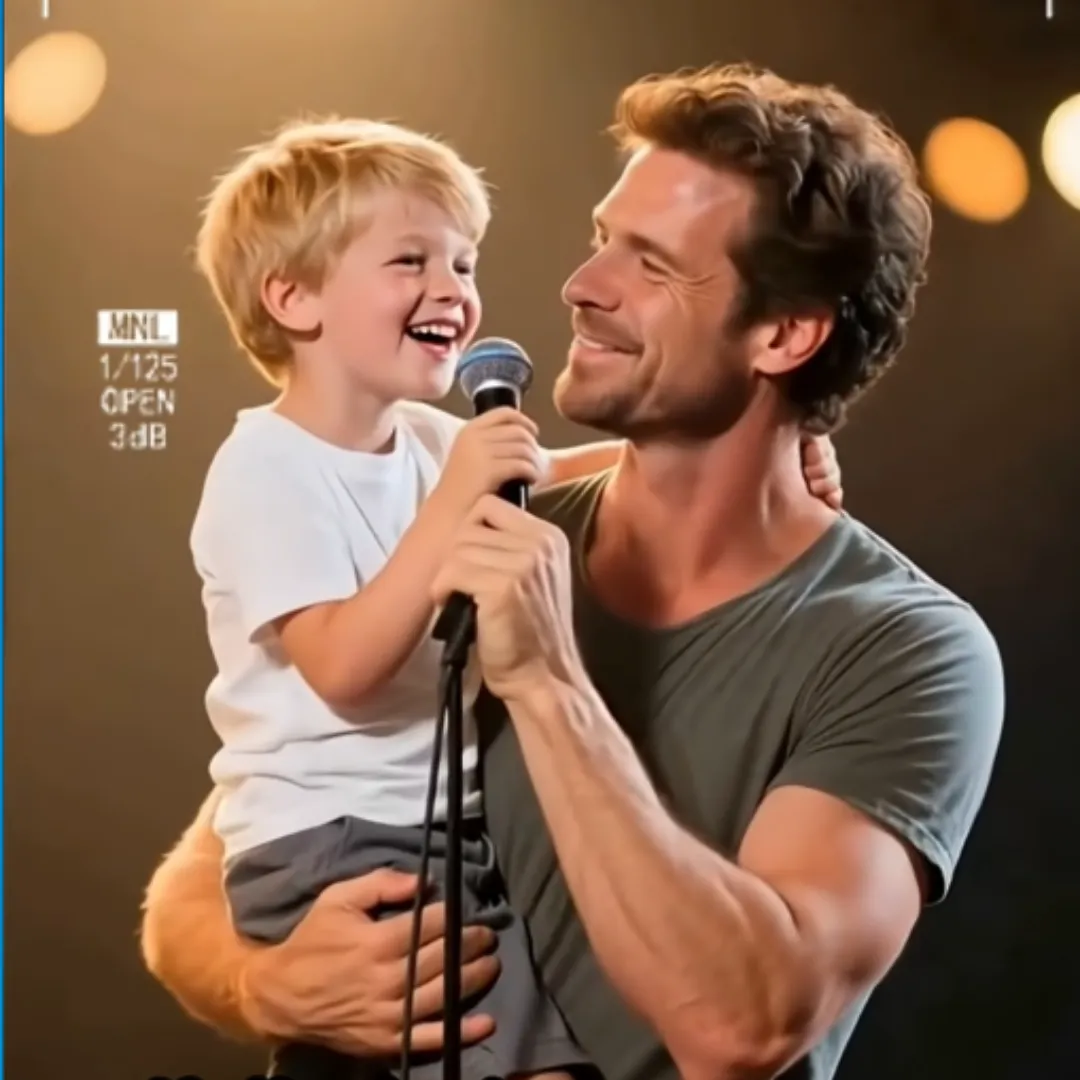
Bradley Bartell and Camila Muñoz had what many would call a classic small-town American love story. They met through friends, had their first date at a local steakhouse, and after two years together, they tied the knot.
Muñoz, originally from Peru, had already taken on the role of a stepmother to Bartell’s son and was fully integrated into their quiet Wisconsin life.
But everything changed in an instant. On their way back from their honeymoon in Puerto Rico, an immigration agent stopped Muñoz at the airport checkpoint, asking if she was a U.S. citizen.
She answered truthfully—no, she wasn’t, but she and her husband had legally applied for her green card.
That didn’t matter. She was taken into custody by U.S. Immigration and Customs Enforcement (ICE), leaving Bartell in shock.
As he watched his wife disappear into detention, he could only think: "What the f— do I do now?"
Bartell, like millions of other Americans, had voted for Donald Trump, believing in the promise of stronger immigration enforcement. He thought the focus would be on "criminal illegal immigrants"—not law-abiding people like his wife, who had a job, paid taxes, and was following the legal process to become a permanent resident.
But under a rapidly widening immigration enforcement effort, people like Muñoz—who were in the middle of their legal status applications—were suddenly being rounded up.
Muñoz wasn’t alone. Across the country, more people like her were being detained at airport checkpoints, even though they had started the process of becoming legal residents.
The government knew who they were and where they came from—but instead of processing their applications, it was locking them up.
For Bartell, the situation was a wake-up call. He had assumed immigration enforcement would be about stopping undocumented border crossings, not punishing people already vetted by the system.
His wife had first come to the U.S. on a temporary work visa, staying in Wisconsin Dells, a small tourist town where she picked up towels at a waterpark. When COVID-19 hit, she found herself stuck in the U.S., unable to return home due to canceled flights and closed borders.
She continued working in food service and farm labor, contributing to the local economy.
She and Bartell fell in love. They followed every legal step to apply for her residency, believing they were doing everything right. Yet, ICE detained her anyway.
Immigration lawyers warn that even people with pending legal status applications are now at risk. Cases like Muñoz’s are becoming increasingly common:
- A woman in her 30s with legal permanent residency proof, whose father and siblings are U.S. citizens, was still detained.
- A European woman in her 30s, engaged to a U.S. citizen, was taken into custody despite only having overstayed her visa when she was 21.
- Another woman, who had been living with her legal permanent resident fiancé for nine years, found herself in the same situation.
For Muñoz, detention means an indefinite waiting game. After days of searching, Bartell finally located her in a privately run ICE detention center in Louisiana. They communicate through expensive 20-cents-per-minute phone calls, where she worries about his son and whether he’s eating well.
Meanwhile, their savings have drained away—instead of putting money toward a home, it’s now going to attorney fees and a possible bond to get her released.
Bartell now sees the flaws in the system he once supported.
“I knew they were cracking down,” he admits. “I guess I didn’t know how it was going down.”
He thought the government would target criminals, not people like his wife, who had jobs, paid taxes, and followed the process to get legal status.
Instead, he’s watching her waste away in a detention center, while the government drags its feet on her green card application.
Experts say that ICE’s priorities have shifted dramatically, casting a wider net that ensnares even those who are legally trying to become U.S. residents.
"The unfortunate reality," says immigration attorney David Rozas, "is that anyone who isn’t a U.S. citizen is at risk—period."
Many people in legal limbo—like Muñoz—once felt safe enough to travel within U.S. borders. But now, airport checkpoints and routine stops are becoming places where lives are turned upside down in an instant.
Bartell, once a believer in stronger immigration laws, now just wants his wife back.
“They need to get the vetting done, not keep these people locked up. It doesn’t make any sense.”
For many like him, this isn’t just about politics anymore—it’s about family, love, and the reality of a system that doesn’t always work the way people think it will.




-1742272159-q80.webp)
-1746431503-q80.webp)